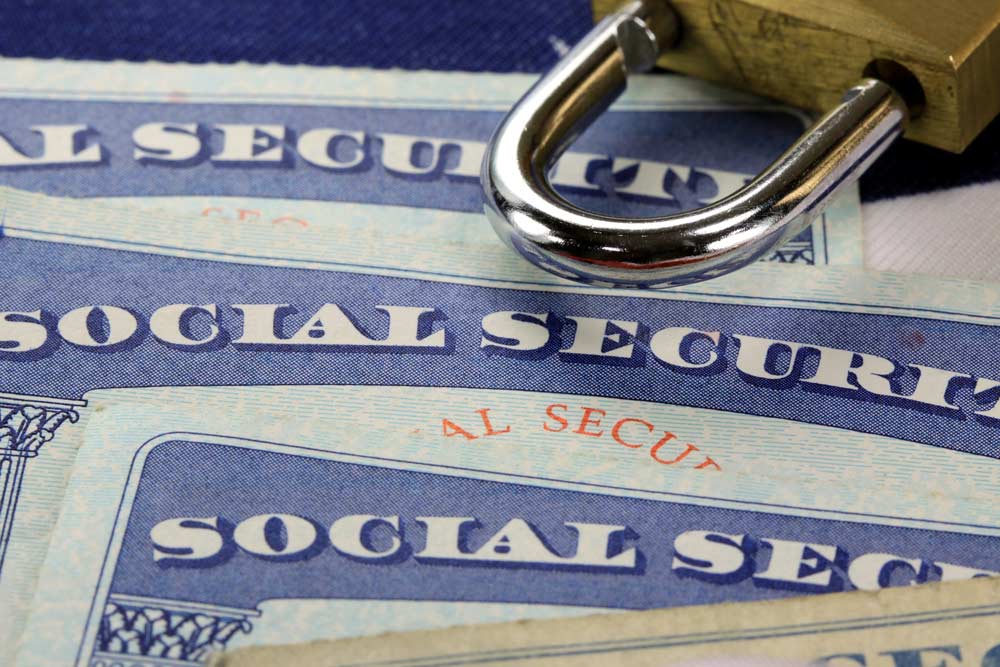As of September 21, 2018, a new nationwide law allows you to freeze or unfreeze your credit for free in the United States! Placing a freeze on your credit can help keep you safe, especially those who have had their personal information comprised in one of the many large-scale security breaches that have happened recently. This new law is enabling more of our Wasatch Peaks Credit Union members to use this security method to control who can access their credit reports.
What is a credit freeze?
A credit freeze is a restriction placed on your credit report that limits who is able to view your information. Once this is in place, new lenders are no longer able to access your credit report until you have chosen to unfreeze the information. A freeze is not permanent, and you can unfreeze your credit by contacting the bureau and using your personal identification number (PIN) to verify your identity. By choosing to place a freeze on your credit, you are actively preventing new credit from being approved in your name, protecting yourself from fraud and identity theft.
How do I freeze my credit?
You can place a free credit freeze on your credit by contacting each of the credit reporting bureaus. Here is a quick list of their information:
To contact Experian, you can visit the Experian Freeze Center, call 1-888-EXPERIAN (1-888-397-3742), or send in a request via mail.
To contact TransUnion, they recommend that you visit their website or download their app, myTransUnion. However, they can also be reached via phone by calling 1-888-909-8872.
To contact Equifax, visit their Credit Report Services and fill out the Get Started form, or call 1-800-685-1111.
Although not as commonly used as the other three bureaus, you can also contact Innovis and NCTUE for a credit freeze as well.
How do I unfreeze my credit?
A credit freeze will remain in place until you contact each credit bureaus who has placed a freeze on your credit to lift the freeze. This freeze can be lifted temporarily, or you can choose to remove it from your account altogether. The process is the same as placing a freeze on your credit, as you will need to contact each bureau and use your unique PIN to unfreeze your credit.
When you unfreeze your credit, there are time restrictions in place for the bureaus to ensure the process is efficient for you. If you choose to lift the freeze via mail, the bureau has no later than three days from when they received your request to lift the freeze. If you make a request to lift a freeze online or by phone, the freeze must be lifted within one hour.
Are there exemptions to a credit freeze?
A credit freeze will prevent the majority of credit inquiries, but there are a few exceptions to this restriction. A report can still be pulled for the following reasons:
- To view your own credit report
- For review by existing creditors or to debt collectors acting on their behalf
- Prescreening offer of credit (these can be opted out of by filling out this information)
- For employment or with potential employers that you granted permission
- A government agency in response to a court or administrative order, subpoena, or search warrant
Additionally, credit reporting agencies are required to keep a log of who has accessed your credit report. This means that if you have suspicions of fraudulent requests to view your credit, you can contact the bureau and request to know who has viewed your report.
Can I freeze my child’s credit?
Children are also at risk for identity theft, with some studies showing the risk is even higher than adults. While it can be a longer process, placing a freeze on the record of your child is possible. If your child has no credit history, which is often the case, the bureau will create a credit report for them and then place the freeze.
For more information on how to place a freeze credit for a minor, please visit Experian, TransUnion, and Equifax.



